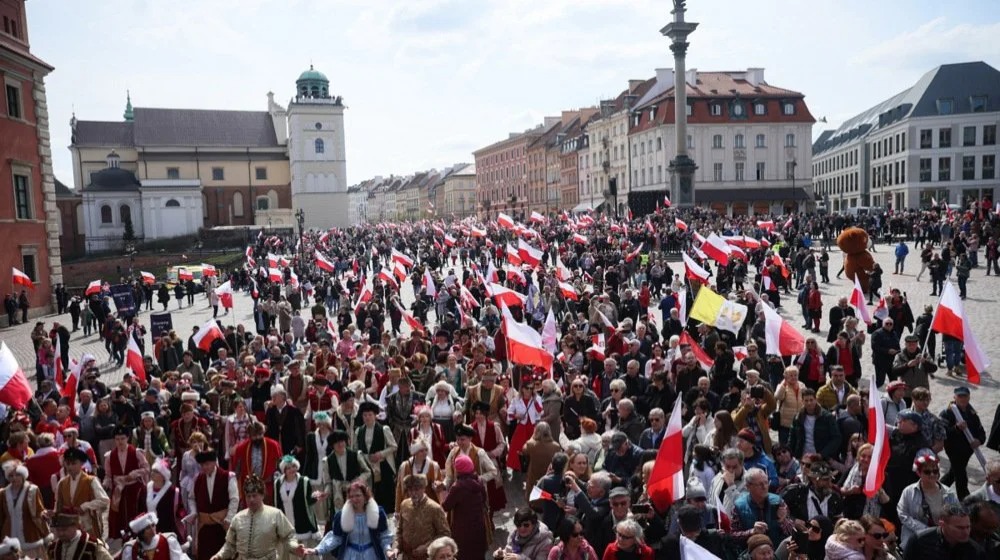
Two Decades Since the London Bombings: Remembering the Morning That Changed Europe
On the morning of July 7, 2005, London was struck by a series of coordinated bomb attacks on public transport, which British authorities immediately described as the worst terrorist act in the United Kingdom since World War II.
A morning of horror in the British capital
The explosions happened almost simultaneously in the underground and on a double-decker bus. Suicide bombers attacked during the morning rush hour, leaving 52 dead and more than 700 injured. As recorded by agencies and reporters from Danas newspaper, the first explosions occurred between Liverpool Street and Aldgate stations, then between King’s Cross and Russell Square, and soon after on the metro line near Edgware Road. The fourth explosion destroyed a bus at Tavistock Place.
Although responsibility was claimed by a previously unknown group, “Al-Qaeda/Jihad Organization in Europe,” British and international security experts recognized the “handwriting” of Osama bin Laden’s global network. Prime Minister Tony Blair said that evening, after returning urgently from the G8 summit: “They are trying to intimidate us by killing innocents, but they will not succeed.”
Global condemnation and wave of solidarity
The attack on London sparked a huge wave of international reactions. The United Nations immediately adopted Resolution 1611, emphasizing the “unwavering will to fight terrorism.” Condolences poured in from around the world – from then-Pope Benedict XVI to Russian President Vladimir Putin, while G8 leaders declared that the attack on London was “an attack on all civilized people.”
London under siege
The city was paralyzed that same day – the entire public transport system was halted, streets were blocked, and citizens were left in uncertainty. British security services activated “Cobra,” a special emergency crisis plan. Snipers were positioned on rooftops, while special units searched underground tunnels and stations.
Eyewitnesses told British television of terrifying scenes: one described the bus as looking “like a sardine can with bodies scattered around.” During those moments, Queen Elizabeth II expressed “deepest condolences on behalf of the whole nation” while visiting the injured in hospitals.
Two decades later: London and the world today
Today, 20 years later, the London bombings known as 7/7 remain a powerful memory of a turning point in Europe’s fight against terrorism. The British security system, legislation, and politics have changed drastically since that day, while the public debate continues about balancing security and civil liberties.
Then-Prime Minister Tony Blair withdrew from politics in 2007 but remains active in public life as a speaker and founder of the Tony Blair Institute for Global Change, an organization focused on security, reform, and international relations.
The July 7, 2005 attacks remain a symbol of the era when Europe began to face the reality of homegrown Islamist extremism. The parallel with today’s world – still marked by conflicts, radicalization, and tensions – highlights the ongoing relevance of how societies respond to the threat of terrorism – not only with weapons, but also with the values they defend.





